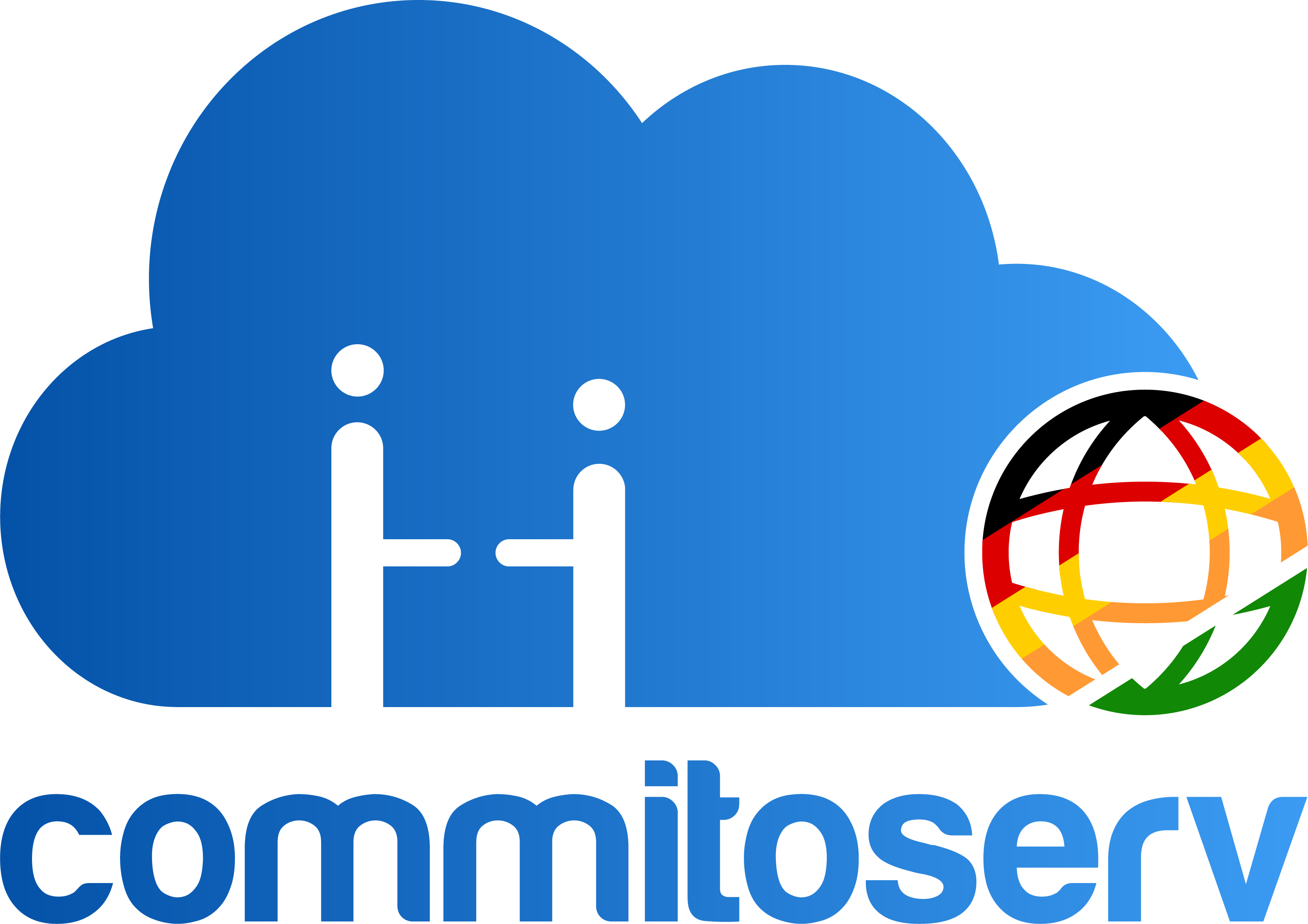In the realm of mergers and acquisitions (M&A), ignorance can prove detrimental. The contents of code and the methodologies employed during its creation become pivotal factors during such transactions. Unidentified open-source elements within applications pose the risk of expensive license infringements. Security vulnerabilities present in proprietary, open-source, and third-party software can substantially diminish the value of software assets. Additionally, subpar code quality, flawed architecture, and underdeveloped development processes have the potential to undermine the integrity of the product roadmap.
Source code analysis tools, also known as Static Application Security Testing (SAST) Tools, can help analyze source code or compiled versions of code to help find security flaws. SAST tools can be added into your IDE. Such tools can help you detect issues during software development. SAST tool feedback can save time and effort, especially when compared to finding vulnerabilities later in the development cycle.

Strengths and Weaknesses
Strengths
- Scales well – can be run on lots of software, and can be run repeatedly (as with nightly builds or continuous integration).
- Identifies certain well-known vulnerabilities, such as:
- Buffer overflows
- SQL injection flaws
- Output helps developers, as SAST tools highlight the problematic code, by filename, location, line number, and even the affected code snippet.
Weaknesses
- Difficult to automate searches for many types of security vulnerabilities, including:
- Authentication problems
- Access control issues
- Insecure use of cryptography
- Current SAST tools are limited. They can automatically identify only a relatively small percentage of application security flaws.
- High numbers of false positives.
- Frequently unable to find configuration issues, since they are not represented in the code.
- Difficult to ‘prove’ that an identified security issue is an actual vulnerability.
- Many SAST tools have difficulty analyzing code that can’t be compiled.
- Analysts frequently cannot compile code unless they have:
- Correct libraries
- Compilation instructions
- All required code
- Analysts frequently cannot compile code unless they have:
Rapid outcomes. Rigorous examination. Assurance.
Whether you’re in the process of acquisition or being acquired, you require an audit ally capable of delivering swift, reliable, and thorough software audits to mitigate associated risks.
Commitoserv structured consultation furnish your organization with the critical insights necessary to promptly evaluate an extensive array of software risks within the software of your acquisition target or your own. Gain a comprehensive understanding of process and code vulnerabilities, encompassing open-source license obligations, application security, and code quality risks, empowering you to make well-informed decisions with certainty.



